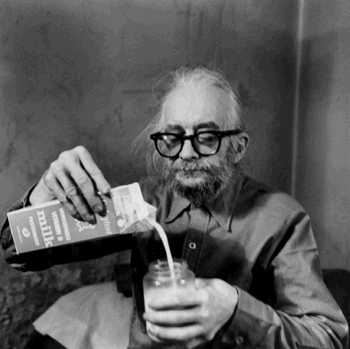“Dulce et Decorum Est” - Wilfred Owen
What a profoundly powerful and scarring poem this is. The point of view of the narrator is inescapable. There is truly no way in which anyone could ever look through their eyes while reading this poem. Although Owen describes such a horrid and gruesome event, the poem embraces an effortless rhythm and rhyme. Limitless chaos and torment somehow fit into these complaisant little boxes. The containment of World War I into this neat and traditional structure alludes to the very nature of war, as something that is planned and organized, but contains atrocities beyond the imagination. In this way the traditional poetic structure helps the reader to share a small portion of the severe impact of being a soldier. We as readers start to ask the same questions: Who could arrange such a thing? Why did this have to happen? But through piercing images that transform rapidly from a surreal stream of concurrent events, into a shatteringly real depiction of war, and violence in general. Specific poetic syntax in Owen's introduction, that of sentence fragments and word pairs, creates imagery that strikes the mind. Phrases such as “bent-double,” “knock-kneed,” “blood-shod,” and “all blind,” pummel the mind into attentiveness. Once Owen has grasped the reader's attention, he then proceeds to describe the scene with brutal intricacy. In some way or another Owen has found the strength to put to paper the memory of a fellow soldier slowly dying from chlorine gas. However, without these seizing images the poem would lose its weight. Owen's use of classical literature makes the poem timeless. He expertly defines the bane of the land of men since the age of hominids. Never have I read a more unsubtle, yet poignant poem regarding the placement of aspirations versus reality; politician versus victim. In just a few short stanzas Owen identifies the unseen predicament of his era and all of history, “children ardent for some desperate glory,” a time of con men fighting for dominance in the world, with the blood of naive and willing patriots.
Thursday, July 1, 2010
Subscribe to:
Post Comments (Atom)

No comments:
Post a Comment